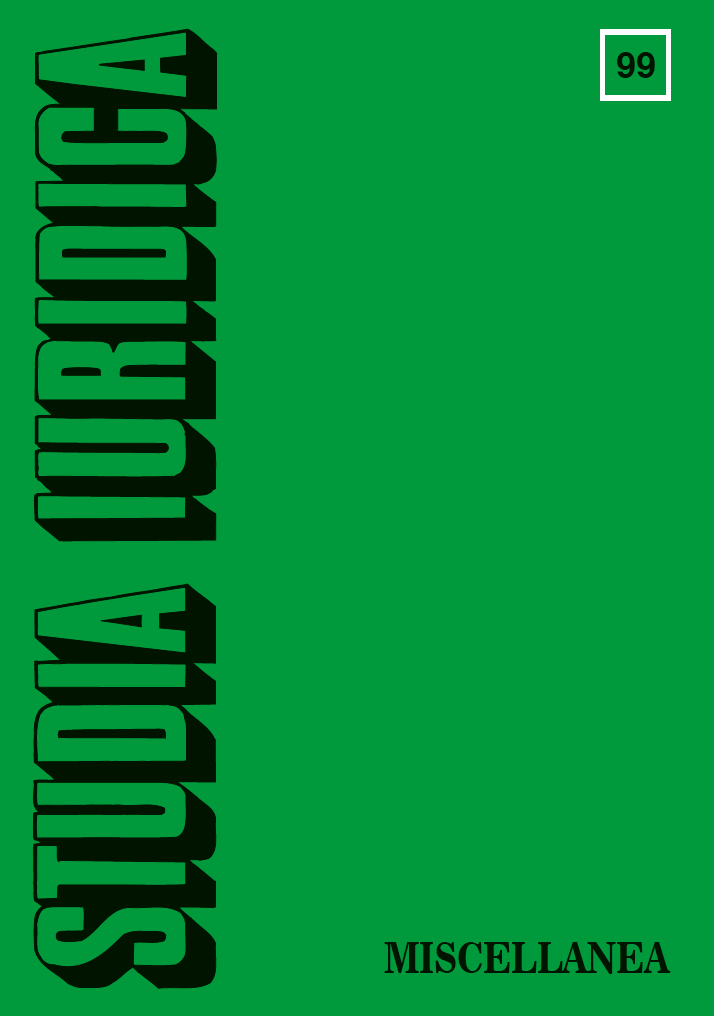DIGITALISED WORK OF WOMEN IN THE EUROPEAN UNION AND POLISH REGULATION AND LEGISLATIVE PROPOSALS
DIGITALISED WORK OF WOMEN IN THE EUROPEAN UNION AND POLISH REGULATION AND LEGISLATIVE PROPOSALS
Author(s): Dorota DzienisiukSubject(s): Civil Law, EU-Legislation, Labour and Social Security Law
Published by: Wydawnictwa Uniwersytetu Warszawskiego
Keywords: women; digitalisation; labour law; remote work; right to disconnect
Summary/Abstract: The article aims to assess if women’s problems are specifically identified in labour legislation relating to digitalisation. Women appear in preparatory phases of legislative procedures (reports, motives), while usually they are not explicitly addressed in final drafts or acts. Digitalisation of work of women as such, referring to biological features of the gender itself is not perceived as a specific problem to be solved. Female workers are not treated as a vulnerable group which should benefit from additional guarantees in the process of digitalisation. It proves that in digitalised work, sex is not a distinctive feature: both sexes are able and skilled to work with digital devices. Criteria used to identify vulnerable groups refer to social situations rather than sex itself (e.g. education and training, caring responsibilities). However, women tend to constitute the majority of such groups. Therefore, respective ‘horizontal’ protective provisions and standards (e.g. working time, right to disconnect, work-life balance or non-discrimination) are particularly important for women.
Journal: Studia Iuridica
- Issue Year: 2023
- Issue No: 99
- Page Range: 75-90
- Page Count: 16
- Language: English

